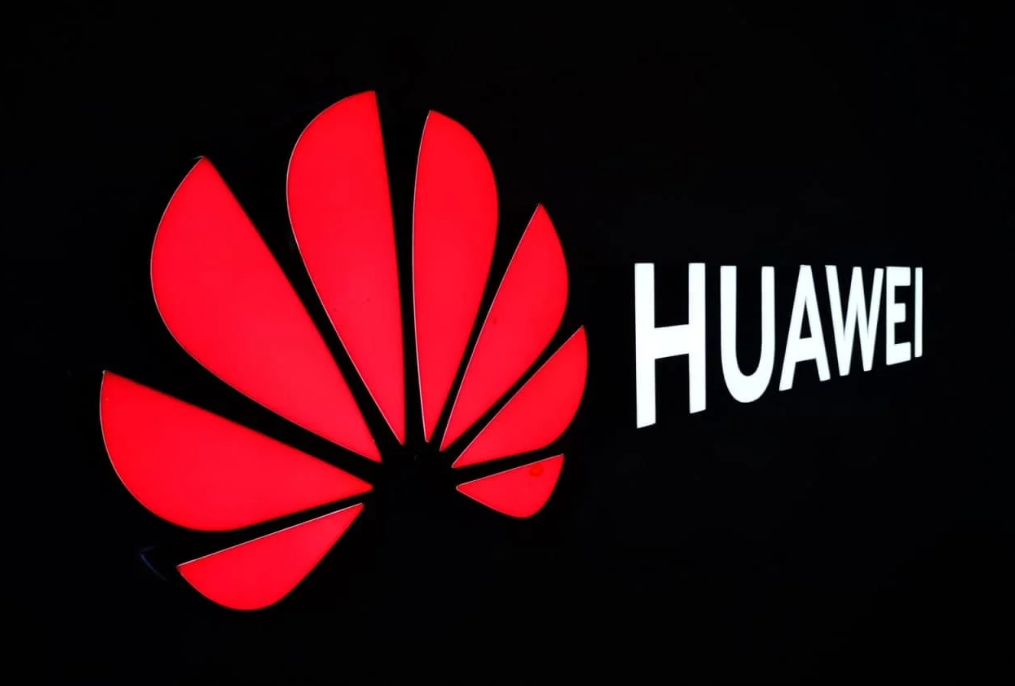Germany is deliberating a significant policy shift that could lead to a ban on Chinese telecommunications giants Huawei and ZTE from its 5G networks. The country’s Interior Ministry has proposed stringent measures requiring local telecom operators to remove critical components supplied by Chinese manufacturers, including Huawei and ZTE Corporation, by 2026. This move follows similar decisions by several European nations, including the UK, Denmark, Sweden, Estonia, Latvia, and Lithuania, to exclude Huawei from their 5G infrastructures due to mounting security apprehensions.
The proposal marks a noteworthy departure for Germany, which resisted pressure from the United States four years ago to ban Huawei. The Interior Ministry’s proposition is a response to the growing international consensus on limiting Chinese involvement in critical telecommunications infrastructure. Germany’s reconsideration stems from concerns about the potential security risks posed by these Chinese technology companies.

The development comes in the wake of a broader European trend toward scrutinizing and restricting the use of Chinese equipment in telecommunications networks. France had already taken steps in 2020, informing telecom operators that licenses for Huawei 5G equipment would not be renewed upon expiration, thereby effectively phasing out Huawei from mobile networks. In 2021, Denmark implemented legislation allowing the screening of foreign investments, aiming to safeguard national security, particularly in response to Huawei’s bid to build the country’s 5G network.
Additionally, countries like Estonia and Lithuania have outright banned Chinese vendors for telecom equipment. In Romania, a U.S.-backed bill was approved in 2021, preventing China and Huawei from participating in the development of the nation’s 5G network. Portugal’s telecom watchdog also recently resolved to bar Huawei’s equipment from the country’s 5G mobile networks, signaling a united European stance on 5G security.
Huawei expressed its opposition to the complete politicization of cybersecurity evaluations. The company cautioned that implementing a ban would lead to increased expenses for telecom operators in Germany, ultimately burdening consumers with higher costs.
Carsten Senz, Vice-President of Corporate Communications at Huawei Germany, defended the company’s technology in a recent radio interview. He highlighted the long-standing use of Huawei’s technology by German consumers without encountering security issues. However, with Germany contemplating stringent measures, the situation for Huawei and ZTE in Europe’s largest economy appears increasingly precarious.
As Germany weighs its decision, the global conversation surrounding the role of Chinese tech companies in critical infrastructure continues, shaping the future landscape of 5G technology in Europe.
Related:
- Huawei Faces Even More Difficulties in the European Market due to 5G Complications
- Huawei Solves Apple Vision Pro’s Biggest Problem: Eyes Move With You
- China hasn’t Included Apple in its Registered App Store List for Some Reason
(via)




